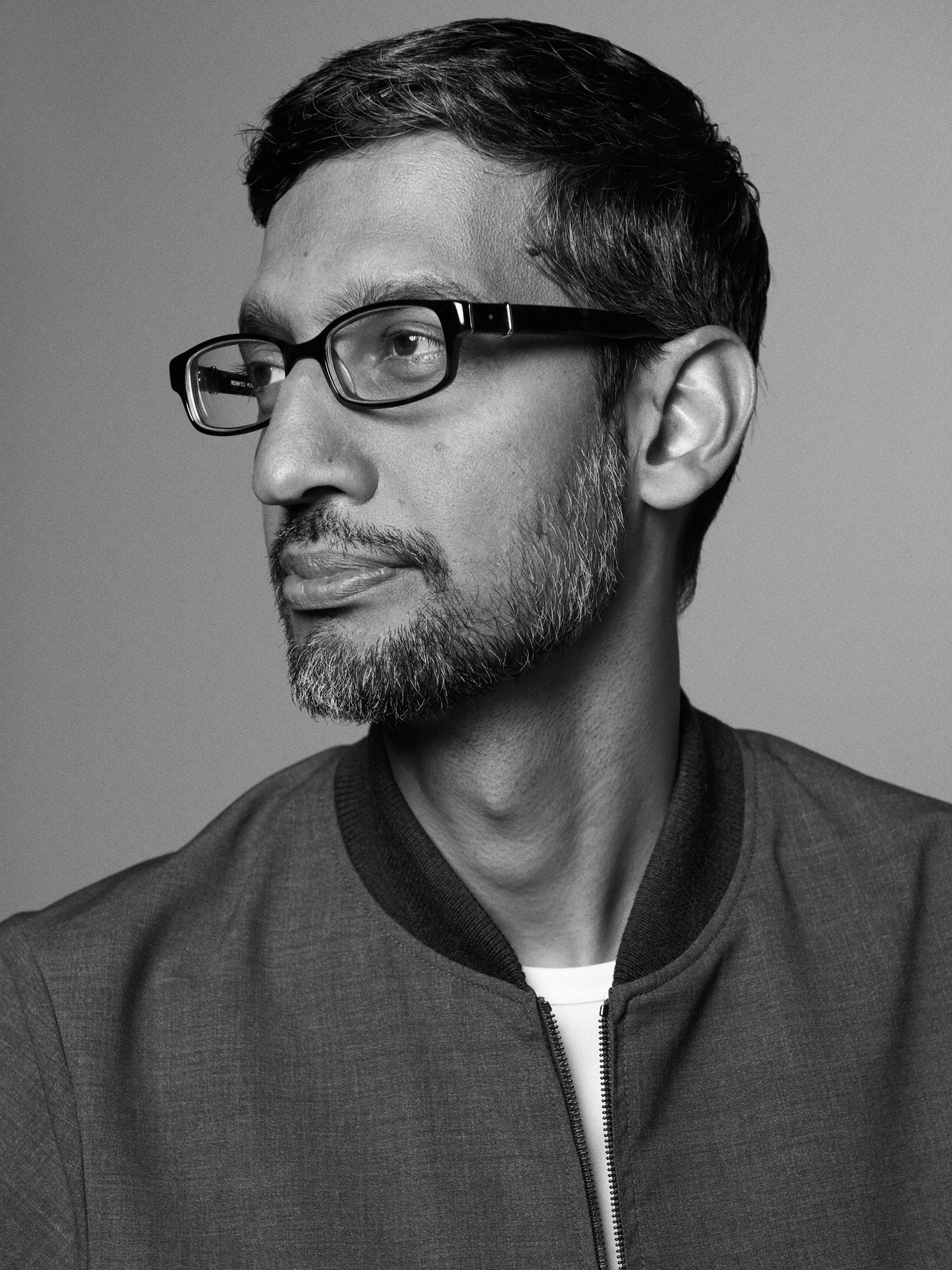Google—the world’s most visited website—is a part of modern language: when we want to find something, we Google it, often on a smartphone running the firm’s Android operating system, which controlled 84% of the market in 2020. Over the past year, CEO Sundar Pichai put that might to good use—offering ad credits to struggling small businesses and in April announcing funding to vaccinate 250,000 people in low- and middle-income countries. However, Google’s scale may now be part of its problem. In the U.S., the company faces anti-trust lawsuits that, among other claims, allege it is illegally protecting its search monopoly. (Google has denied wrongdoing.) The results of those cases could reshape the way consumers use the Internet.
More Must-Reads from TIME
- Cybersecurity Experts Are Sounding the Alarm on DOGE
- Meet the 2025 Women of the Year
- The Harsh Truth About Disability Inclusion
- Why Do More Young Adults Have Cancer?
- Colman Domingo Leads With Radical Love
- How to Get Better at Doing Things Alone
- Michelle Zauner Stares Down the Darkness






